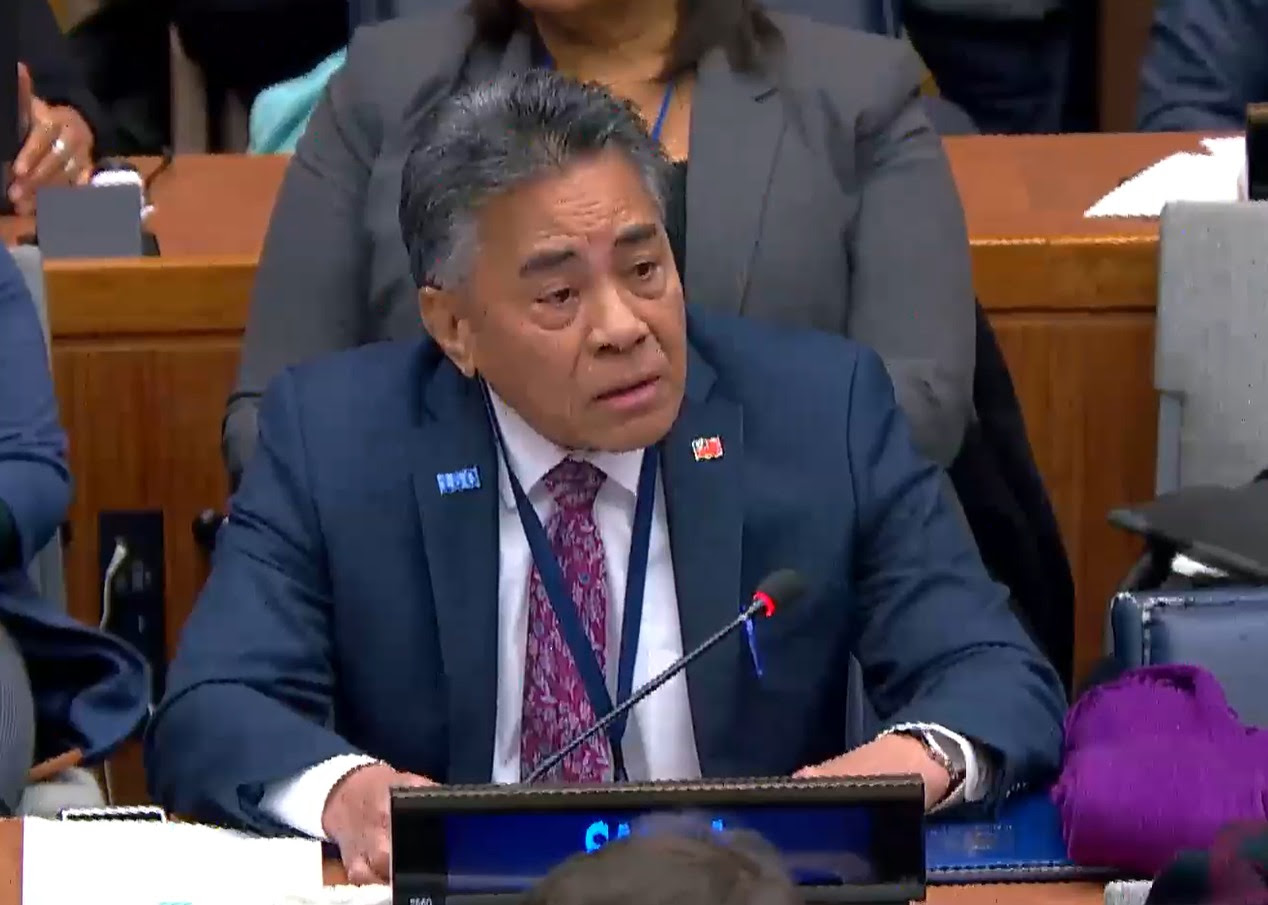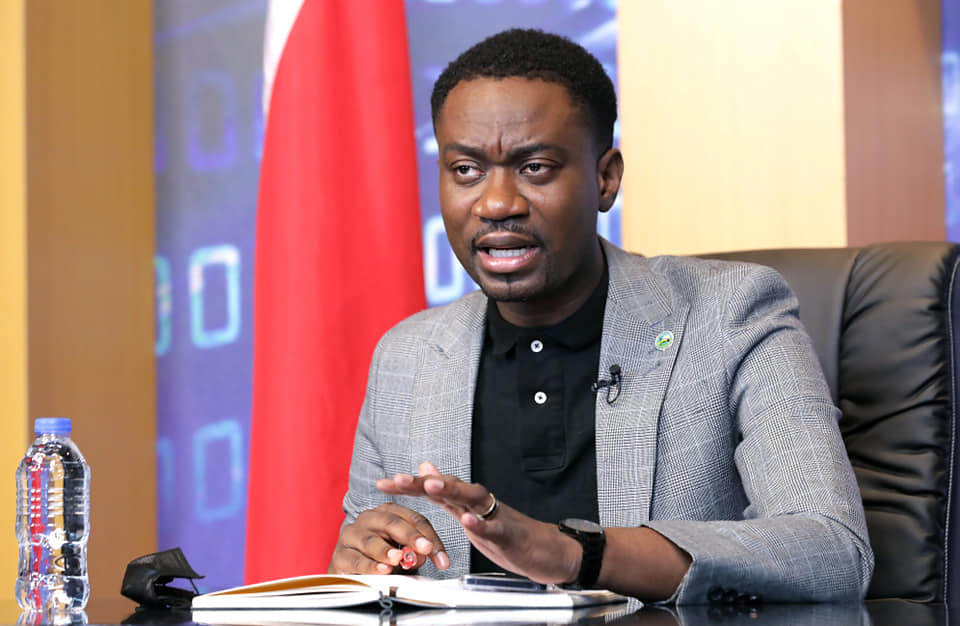Former prime minister Owen Arthur says Barbados should look towards the International Monetary Fund (IMF) to help turn around the ailing economy, saying the Washington-based financial institution “has changed its ways and now enables countries to have what is called flexible credit lines”.
In what is probably his last presentation to a budget debate here, Arthur, the island’s longest serving prime minister, told legislators that the so-called home-grown Barbados Sustainable Recovery Plan (BSRP) should be the catalyst for funding from the international lending agency.
Arthur urged the Freundel Stuart government not to be afraid of the IMF anymore, since the lending agency now had a flexible credit line that has benefited other Caribbean states, all with economies that are growing fast.
“The International Monetary Fund would have in the past related to countries entirely on the basis on financial quantitative targets. It has changed its ways and now enables countries to have what is called flexible credit lines.
“I sat with the government of Grenada for a weekend when they had to prepare a programme with the International Monetary Fund and helped them to structure a programme with the Fund to fit into the new approach that the Fund has to lending countries . . . and you have a situation now where the countries in the Caribbean that are growing the fastest are those that are using flexible credit lines with the International Monetary Fund,” he told legislators as he contributed to the debate on the Estimates of Expenditure and Revenue presented earlier this week by Finance Minister Chris Sinckler.
Arthur, a parliamentarian for the past 35 years, said the government needed to face up to the reality that the International Monetary Fund (IMF) was the answer to their economic problems.
“There has to be a stimulus in the short term to stabilize and bring about growth while we go about the medium and longer term matter in trying to transform the economy,” he said, adding that the immediate task was to get spending power of the kind that could be sourced from the IMF and other financial institutions such as the Caribbean Development Bank (CDB) and Inter-American Development Bank (IDB).
Arthur, an economist, said that once this was done, it would serve as an injection into the revenue stream that could “stop the body from being at rest and would be the factor that would allow you to be able to start to grow”.
He told legislators that the Grenada initiative was based on a home-grown programme similar to the BSRP.
“The government of Barbados now has a home-grown programme . . . that could be the basis of something to be put before the Fund as the Government’s approach to rescuing the Barbados economy to be tweaked after further consideration with the International Monetary Fund,” Arthur said.
He noted the concerns of law makers that the recovery plan had been presented to the Parliament at the last minute, saying if the government was using IMF special drawing rights or talking to the Fund about a programme, and if it wanted the recovery plan financed by that institution, a wide discussion should be held on the matter.
“But I am begging the government not to go the way of Jamaica,” said Arthur, who even hinted that he would be willing to assist, adding that the IMF was considering a macroeconomic plan for Jamaica while a regional team was examining an emergency production strategy which bore no resemblance to the IMF programme.
He noted that the regional team was unaware of the IMF plan which did not turn out at all well for that country.
The former Prime Minister also urged members of his former Barbados Labour Party (BLP) not to fear the issue of privatization recalling a number of BLP candidates who lost in 2008 when privatization was not a campaign issue, but won in 2013 when it was, to press home the point that the BLP should deal frontally with the topic.
He said members that dealing with major economic matters, no matter how controversial, was an important aspect of the party’s heritage from its first leader, Grantley Adams, through to himself.
“And I would want them to feel that they can join the great debate that is necessary in the knowledge that great causes as [former Jamaica Prime Michael] Manley said are never won by doubtful men,” he said, suggesting that the next election should be a great conversation about the future of this land.
“And those who served with me in Cabinet knew that I used to tell members of my Cabinet if we have a problem let us face it and let us fix it. And I want to say as I come to the close of this address to the House that what is before Barbados is nothing that Barbados cannot cope with. What is before us is the greatest challenge that we have ever faced, but that we must not fail Barbados,” Arthur added.




